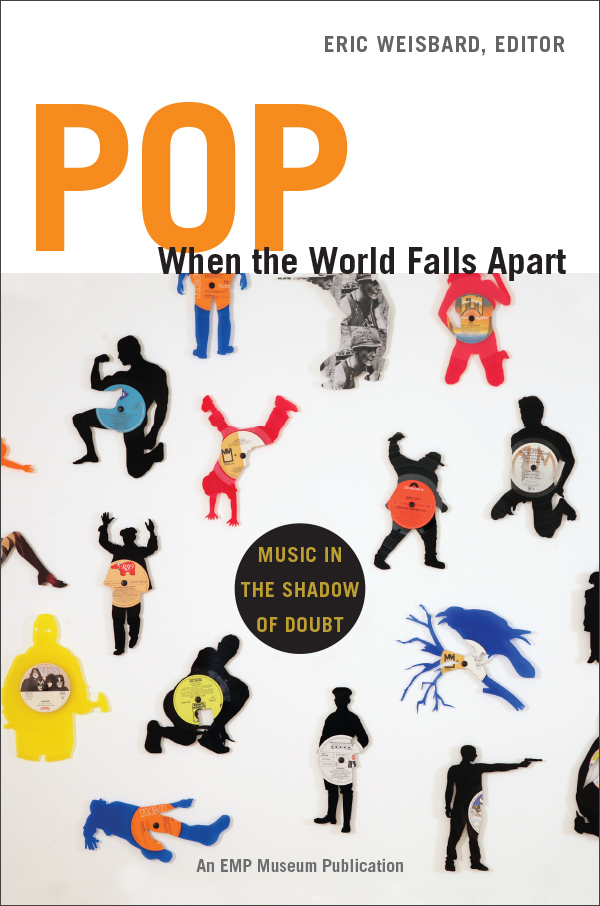
Wang, Oliver. “The Comfort Zone: Shaping the Retro-Soul Audience.” Pop When the World Falls Apart. Edited by E. Weisbard. Duke University Press: 201-229.
Anthology essay (solicited, refereed).
Discusses the racial/cultural politics of the so-called “retro-soul” movement begun in the late 1990s that gained considerable mainstream attention circa 2007 because of such artists as Amy Winehouse and Sharon Jones.
Background: As both a DJ and soul music fan, I had been following the rise of so-called “retro-soul” music since its emergence in the late 1990s. Retro-soul is primarily distinguished by its fidelity to older, “vintage” styles of soul music production and early attempts at retro-soul recordings were often consciously engineered to sound as close as possible to R&B/funk recordings of the 1960s and ’70s. When Amy Winehouse borrowed much of this sound for her hit 2007 album, Back in Black, controversies arose around how her success, as a white, British woman, overshadowed that of Black female pioneers in the same scene, especially Sharon Jones. This essay looked at how retro-soul’s audience — perceived as predominantly young and white — was shaped by the “comfort zones” of label managers and staff familiar with certain consumer demographics (but not others), suggesting that retro-soul’s appeal isn’t necessarily musicological but may be influenced by organizational decision-making and related social/cultural capital.




